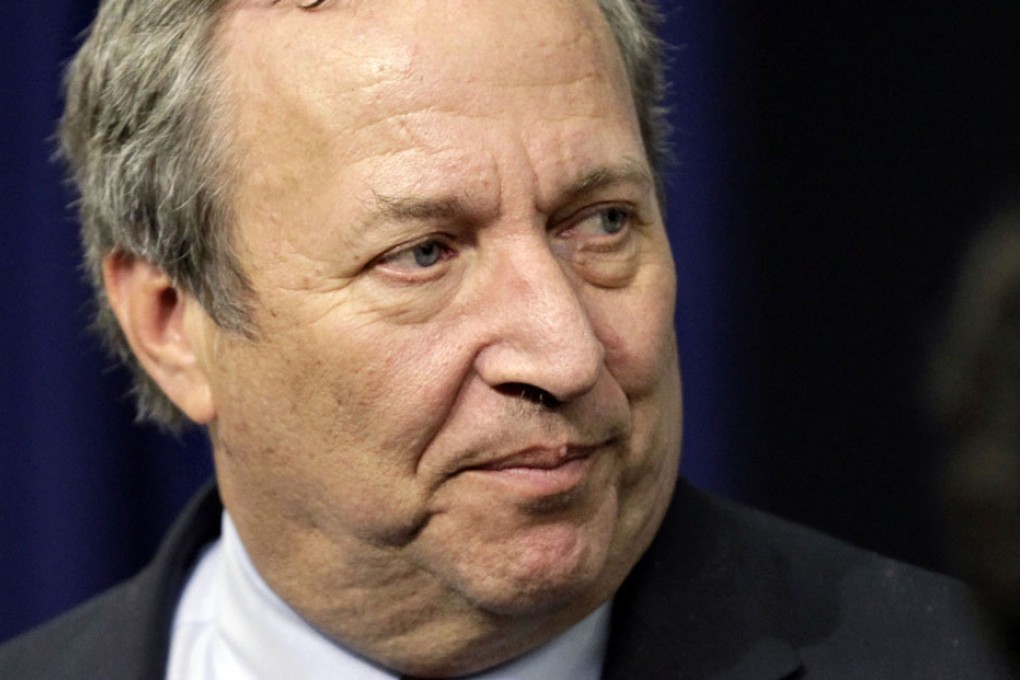No tears for Larry Summers
How would it look if one of those people who bore at least some responsibility for the regulatory failures that contributed to the financial crisis became the new, powerful Fed chairman?

Central bank observers will not miss the irony. In 2005, Raghuram Rajan, a former International Monetary Fund economist, delivered a brilliantly prescient paper warning against growing risks building up in the US financial system. That provoked the ire of panellist Larry Summers, the former US treasury chief and until this week, the hot favourite to be the next US Federal Reserve chairman. He denounced Rajan as a Luddite and called the premise of his arguments misguided.
Today, Rajan is the newly appointed governor of India's central bank and Summers has just withdrawn from the Fed race. No one doubts Summers' brilliance as an economist and experience as a Washington operator. His public service dates back to Ronald Reagan. But for him to win the top Fed post, it would look too much like business as usual, as if the financial crisis had never happened; as if an Alan Greenspan clone with his libertarian ideology were given another term.
Summers played key roles in deregulating US banks and the derivatives market. He thought markets and their players were largely rational and in a better position to gauge and control risks than regulators. He was instrumental in repealing the Depression-era Glass-Steagall law, thereby allowing banks to jump into risky investment activities.
Since the crisis, the too-big-to-fail banks in the US have got even bigger. The so-called shadow banking system has swelled. The richest people in the world have greatly benefited from quantitative easing. The re-regulation of financial markets has been delayed and watered down. And Fannie and Freddie, the mortgage giants at the centre of the US crisis, grew bigger. How would it look if one of those people who bore at least some responsibility for the regulatory failures that contributed to the crisis became the new, powerful Fed chairman?
Many politicians in the US Senate apparently couldn't stomach the idea and were prepared to vote down Summers. For once, they were right.
